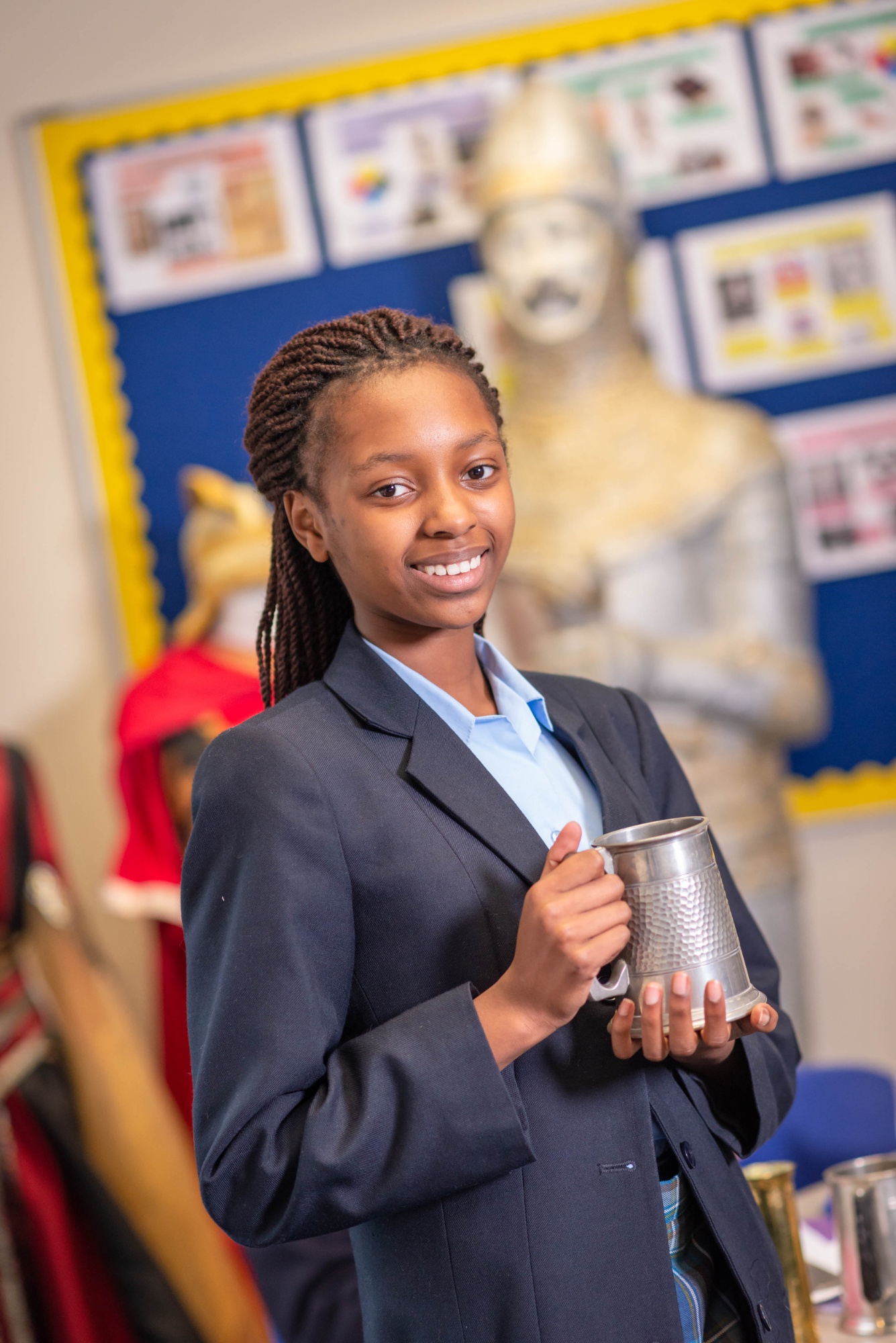History GCSE
AQA Specification code: 8145
Why Study History?
The study of History enables us to understand where we come from, the world we live in now, and our place in it. Studying History gives us the chance to argue our own place in society, and to be certain of our own rights and responsibilities. In practical terms, the study of History helps us to practise and develop our intellectual skills. It teaches us how to produce coherent and balanced arguments in debate. History shows us how to use evidence for our own purposes, how to research and persuade. History also teaches us to be critical of what we hear and read, in order that we are not misled by others. In addition, we study History because the past is a fascinating story.
You will study:
Paper 1: Understanding the Modern World (Year 10)
Germany, 1890-1945
This period focuses on the development of Germany during the turbulent half-century of change. It was a period of democracy and dictatorship - the development and collapse of democracy, and the rise and fall of Nazism. We shall explore how and why Hitler was able to come to power and the methods Hitler used to enforce his rule. This course will also look at the lives of ordinary Germans under Nazi rule.
Conflict and Tension, 1918-1939
This course will look at the aftermath of World War One and the way in which leading European countries attempted to establish and maintain peace. Students will Investigate how the Treaty of Versailles established peace, how the League of Nations failed to keep the peace, Hitler’s exploitation of the Treaty of Versailles and the failure of appeasement in preventing World War Two.

Paper 2: Shaping the Nation (Year 11)
Britain: Health and the People: c.1000 to the present day.
This thematic study will enable students to gain an understanding of how medicine and public health developed in Britain over a long period of time. It considers the causes, scale, nature and consequences of short and long term developments and their impact on British society.
Students will explore the origins of medicine through the work of Galen and Hippocrates before looking at the developments made during the Renaissance by pioneers such as Paré, Harvey and Vesalius. The course explores the revolution in medicine with the discovery of the Germ Theory and the development of antibiotics. Finally, the course looks at the evolution modern medicine by exploring blood transfusions, open heart surgery, plastic surgery and radiation therapy within the context of the development of the National Health Service.
British Depth Study including the Historic Environment.
This will include a depth study of one of the following periods of British history. Within this, there will be a study of a ‘learning environment’. This will look at a historic venue such as castle, palace or church which will be decided by the examination board.
- Norman England, c. 1066-c.100
- Medieval England: the reign of Edward I, 1272-1307
- Elizabethan England, c1558-1603
- Restoration England, 1650-1685
You will learn the following skills:
- The ability to create a balanced argument using different viewpoints
- Analysis of the content of complicated sources
- How to research and interrogate sources
- Oral skills of debating and reasoning
- The capacity to synthesise various sources and develop your own theories
Examination and Assessment:
Paper 1: 1 hour 45 minutes, worth 50% of the GCSE will be sat at the end of Year 11
Paper 2: 1 hour 45 minutes, worth 50% of the GCSE will be sat at the end of Year 11
